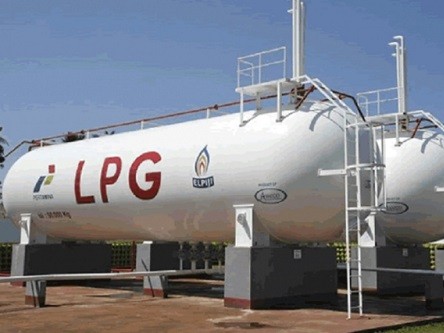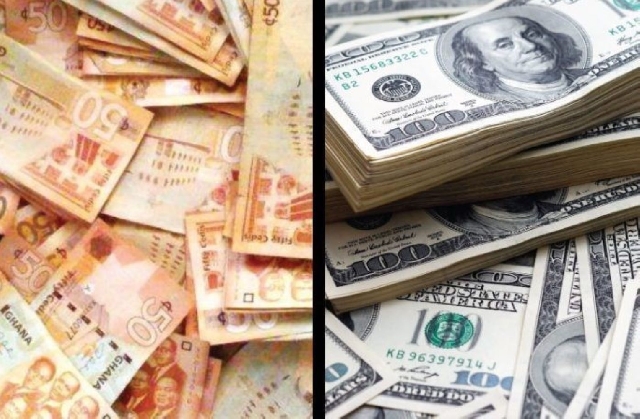The Ghana Export and Import Bank (EXIM Bank) has rolled out a ¢10 million facility for shea production under the Samira Empowerment and Humanitarian Project spearheaded by Samira Bawumia.
The intervention is to aid 1,200 shea collectors in the Northern sector with financial support and safety tools.
The first phase of this financial support amounts to GH¢10 million and it is aimed at providing capacity building for shea collectors, processors, cosmetic producers in the rural areas.
CEO of the Ghana Exim Bank, Lawrence Agyinsam disclosed the 5-year long term investment is to help shore up Ghana’s export value of shea.
“There have been various interventions by the UNDP on how to provide economic empowerment to the Northern Region, it is for this reason that we in the EXIM Bank decided to support our women in the Northern Region with Shea Empowerment. The board of EXIM Bank signed an MOU with the second lady’s NGO. 1600 women will receive training to build capacity and enhance their skill. This will create about 1600 jobs,” he stated.
As of 2017, Ghana earned $70.2 million from the export of shea butter products. Within the agricultural subsector, shea nut was the second highest export earner with $34 million in 2015; behind cashew nut.
Managing Director of Global Shea Alliance, Aaron Adu, spoke to JoyBusiness on the need to ensure value for money on the part of the Exim Bank. According to him, the productivity of these shea farmers will solely base on intense supervision and support.
According to Mr Adu, “value for money will ensure that not only are shea farmers equipped with the needed skill, they will also be granted the capacity to market their products.”
Shea products are the second non-traditional food crop in Ghana with over 300,000 farmers benefiting from the entire food chain. The shea nut industry offers employment for many individuals in Northern Ghana, particularly women in rural communities who are involved in all of its value chain processes.
As of 2017, Ghana earned $70.2 million from the export of shea butter products. Within the agricultural subsector, shea nut was the second highest export earner with $34 million in 2015; behind cashew nut.
Reports from COCOBOD shows that out of the 200 million-dollar profits recorded by shea in 2017, Ghana was able to rake in $70 million. Shea products are the second non-traditional food crop in Ghana with over 300,000 farmers benefiting from the entire food chain.
The shea nut industry offers employment for many individuals in Northern Ghana, particularly women in rural communities who are involved in all of its value chain processes.
Following the decrease in the yields, the price for the nuts has gone up as many of the shea nuts pickers comb many bushes, which hitherto were known places for shea nuts but are unable to get the nuts. Similarly, many of the shea nut processors are unable to get access to the nuts to process.
















